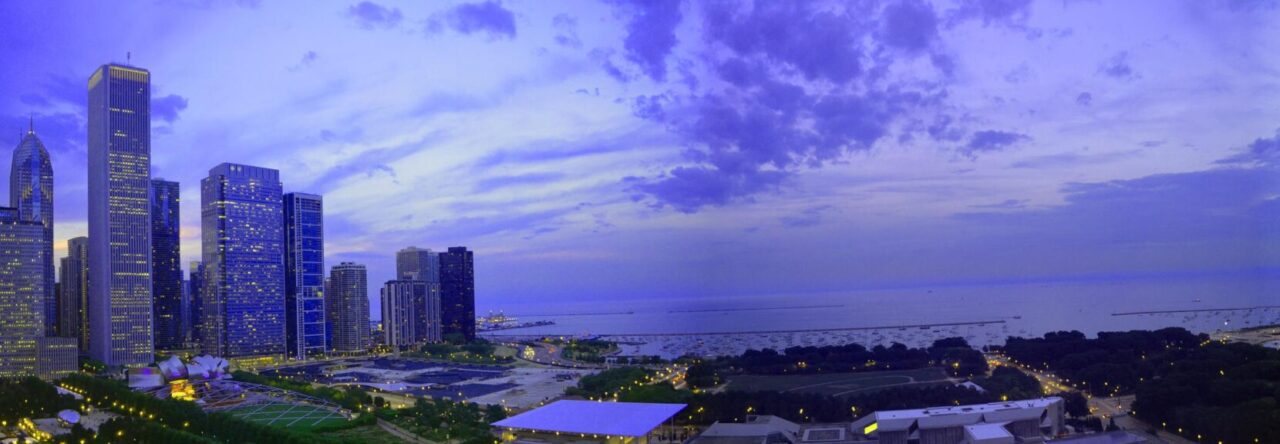I realize I am out of chronological order when I tell you that I traveled to Wisconsin over Memorial Day weekend after just writing a previous post upon return from Florida. Well, it’s my blog and I’ll do what I want.
Rather than talk to you about the transportation and land use nexus of Lake Wisconsin, where my wife’s parents own a home, I am really interested in exploring some of the economics of tourism in Wisconsin, particularly in the role Illinois plays in it.
As a native Chicagoan, born and raised, I was brought up with a healthy hatred of the Packers and jokes about all the funny things Wisconsinites do. This is of course while my family and millions of other northern Illinois families were busy making our way up north to indulge in the many beautiful parts of the state – areas which my own state lacks within an easy drive of Chicago. In Chicago, Wisconsin (and Michigan too) is sometimes referred as “our backyard.” But is it really? Does Chicago really “own” Wisconsin? Would the State of Wisconsin cease to exist without all of the Illinois (“fibs“) tourists visiting throughout the year?
Let’s examine the facts.
- Tourism sustains 181,000 jobs in 2010, about 7.8% of total employment or 1 of every 13 jobs. There were over 2.8 million jobs in Wisconsin in 2010.
- Visitor spending in Wisconsin was $9.2 billion in 2010. State and local taxes collected due to tourism was $1.3 billion. Total state and local sales tax revenues were $3.9 billion in 2010.
- 84.5 million leisure-person trips (one trip by one person) were taken in 2010 in Wisconsin. Of that total, 23% (17.6 million) of all trips were taken by Illinois residents. While highest among all other U.S. states, Wisconsin residents themselves account for 61.4% of the total leisure-person trips.
For simplicity, let’s assume that spending among all tourists was equal. Let’s also assume direct causation between the number of tourism jobs and leisure-person trips. In this model then, Illinois residents support 41,630 tourism jobs in Wisconsin (1.4% of total WI jobs) and contribute $300 million in state and local taxes (7.7% of total state and local taxes).
So, no, Illinoisans don’t own Wisconsin, we merely rent it one leisure-person trip at a time. I suspect, however, that Illinoisans’ negative externalities (in the form of traffic congestion) are responsible for the quest to widen I-90 south of Madison to Illinois.


